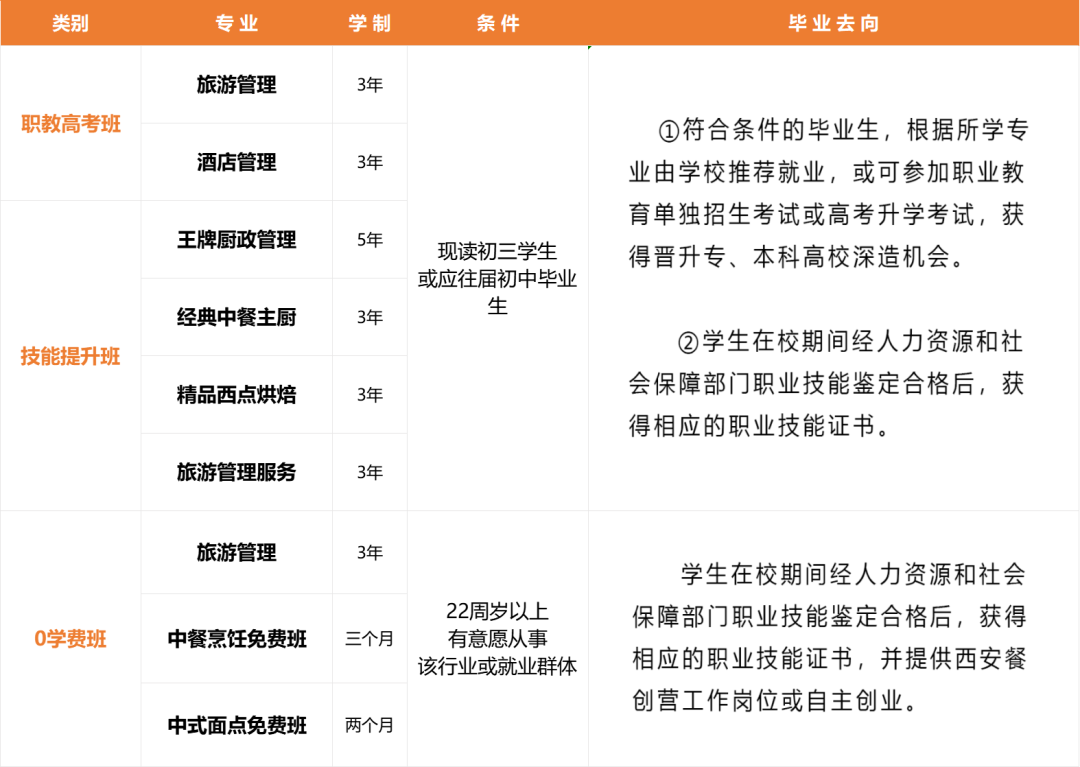Traditional Chinese Medicine (TCM) health preservation has a long history
and many considerations
As the saying goes, “Food supplements are better than medicinal supplements”
How to correctly practice TCM health preservation to ensure your health
These TCM dietary therapy knowledge you should know
Let us learn together
Food is essential for the people, and TCM has always emphasized that “medicinal supplements are not as good as food supplements” and believes that “all medicines have some toxicity”. Therefore, throughout history, physicians and health preservers have placed great importance on dietary health, considering it the foundation for disease prevention, treatment, and longevity.
The “Huangdi Neijing” states: “The five grains nourish, the five fruits assist, the five livestock benefit, and the five vegetables provide sustenance. When the flavors are combined and consumed, they replenish essence and vital energy. These five have their respective flavors: pungent, sour, sweet, bitter, and salty, each with its benefits, whether dispersing or gathering, whether slow or fast, whether firm or soft, corresponding to the four seasons and the five organs, with diseases following the appropriate flavors.”
All types of food have their unique flavors, but they can be categorized into the five basic tastes: pungent, sweet, sour, bitter, and salty.

According to TCM, different flavors of food have different effects. Therefore, the five flavors are closely related to human health. If balanced properly, they can enhance health and help prevent and eliminate diseases. However, if one flavor is overly favored, it can also induce diseases.
It is believed that by asking about one’s desired flavors, one can understand the origin of their ailments. In the morning, if one feels the taste of sour, sweet, bitter, spicy, or salty, it indicates potential issues with the liver, heart, spleen, lungs, or kidneys.
So how are they related to our health? How can we choose the five flavors to promote longevity?
Five Flavors, Five Organs,Five Flavor Diet
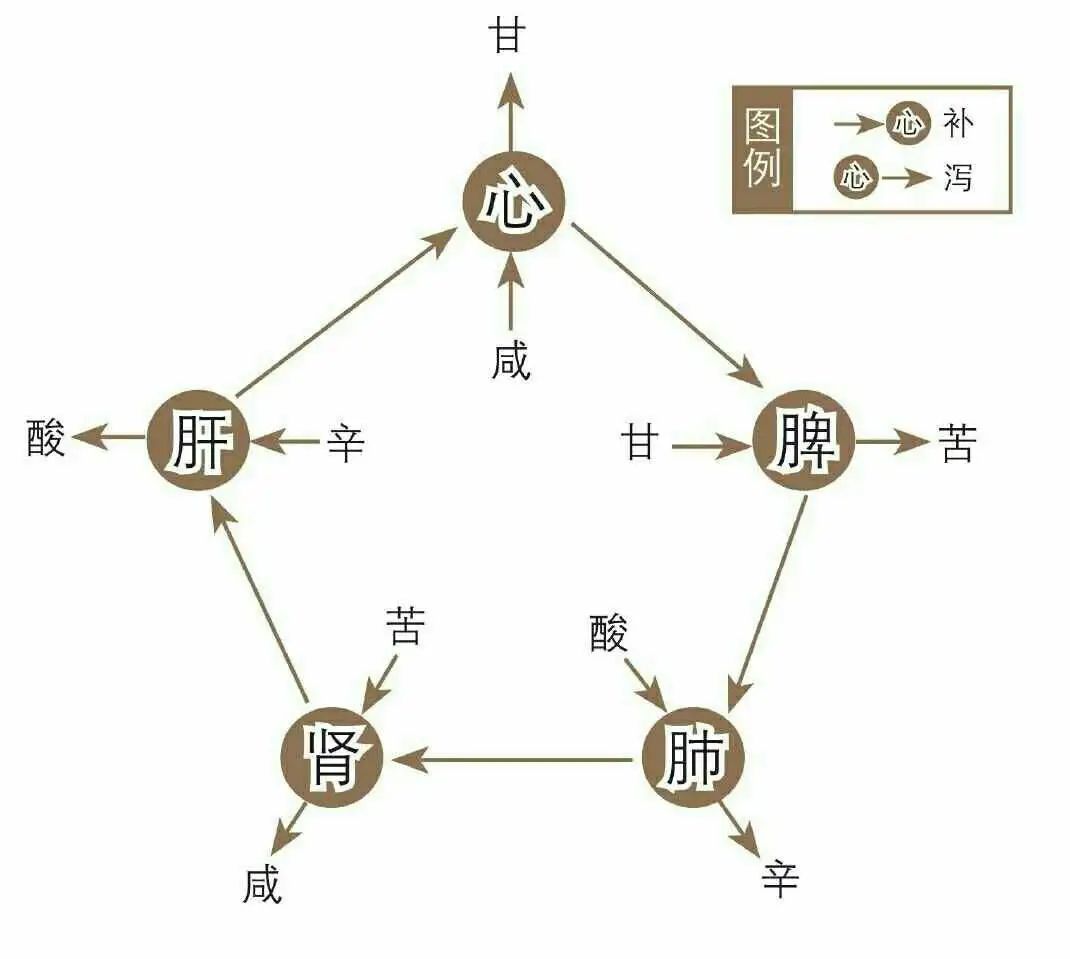
Five Flavors: Sour, Bitter, Sweet, Pungent, Salty
Five Organs: Liver, Heart, Spleen, Lungs, Kidneys
Due to the specific connections between the five organs and various parts of the body, the five flavors also correspondingly exist in a harmonious relationship with the human body. Therefore, all food consumed, with its five flavors of pungent, sour, sweet, bitter, and salty, nourishes the five organs and circulates through the meridians to nourish the corresponding body parts, promoting health. However, if the five flavors are imbalanced or overly favored, it can lead to disharmony in the organs, qi, and blood, resulting in various diseases.
01Five Flavors – Sour
Sour foods include plums, tomatoes, hawthorn, grapes, apricots, lemons, and oranges.

Sour enters the liver and has a certain astringent effect, such as plums and pomegranates which can stop diarrhea, and dried peaches can stop spontaneous sweating. Those with liver diseases should eat more. Eating sour foods appropriately can stimulate appetite and enhance liver function, increasing the absorption of calcium and phosphorus. Older adults can increase their intake of sour foods. However, excessive consumption of sour flavors can harm the spleen, causing the skin and flesh to thicken and lose elasticity. Those with spleen and stomach issues should avoid sour foods, as the spleen belongs to earth and the liver belongs to wood, and wood overcomes earth, hence “spleen disease forbids sour.” Excessive sour foods can lead to digestive disorders and gastrointestinal spasms, and can also cause urinary issues and edema.
02 Five Flavors – Bitter
Bitter foods include wheat, wild garlic, bitter melon, and bitter herbs.
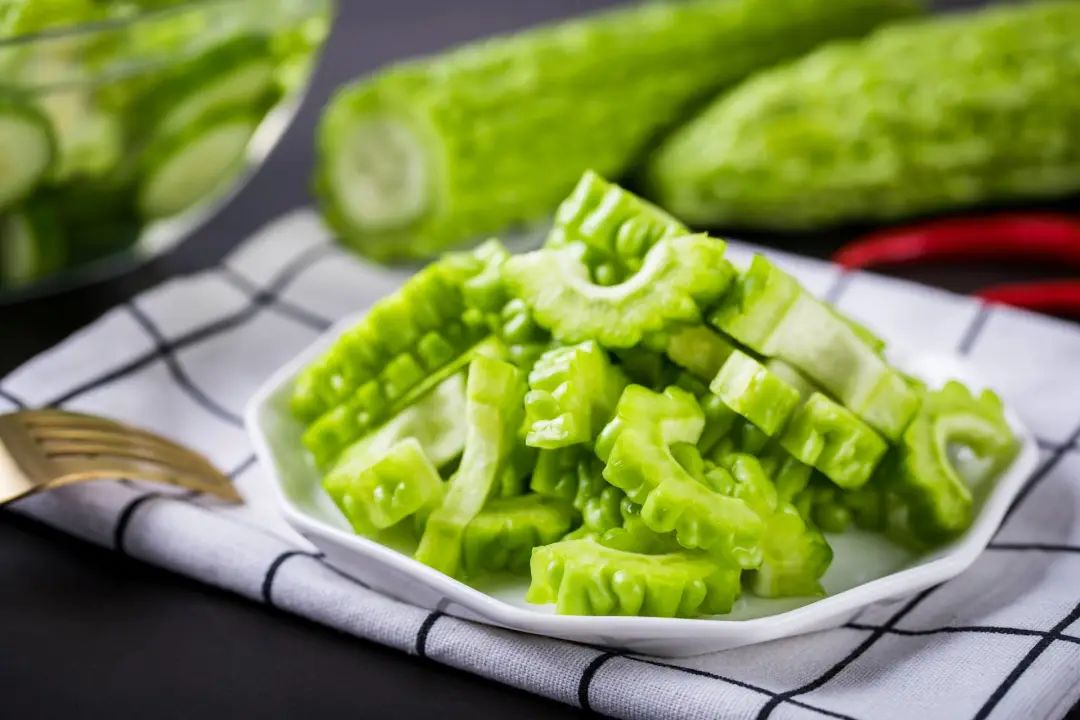
Bitter enters the heart, and bitter foods are generally cold in nature, having effects such as clearing heat, detoxifying, eliminating dampness, promoting diuresis, purging fire, and aiding digestion. They can also regulate liver and kidney functions. Those with heart conditions should eat more bitter foods. However, excessive consumption of bitter flavors can deplete lung fluids, leading to dry skin and hair. Since the lung belongs to metal and the heart belongs to fire, fire overcomes metal, hence “lung disease forbids bitter.” Overconsumption of bitter foods can lead to diarrhea and digestive issues, so they should not be eaten excessively.
03 Five Flavors – Sweet
Sweet foods include grains such as glutinous rice, jujubes, poultry, fish, vegetables, and both dried and fresh fruits.
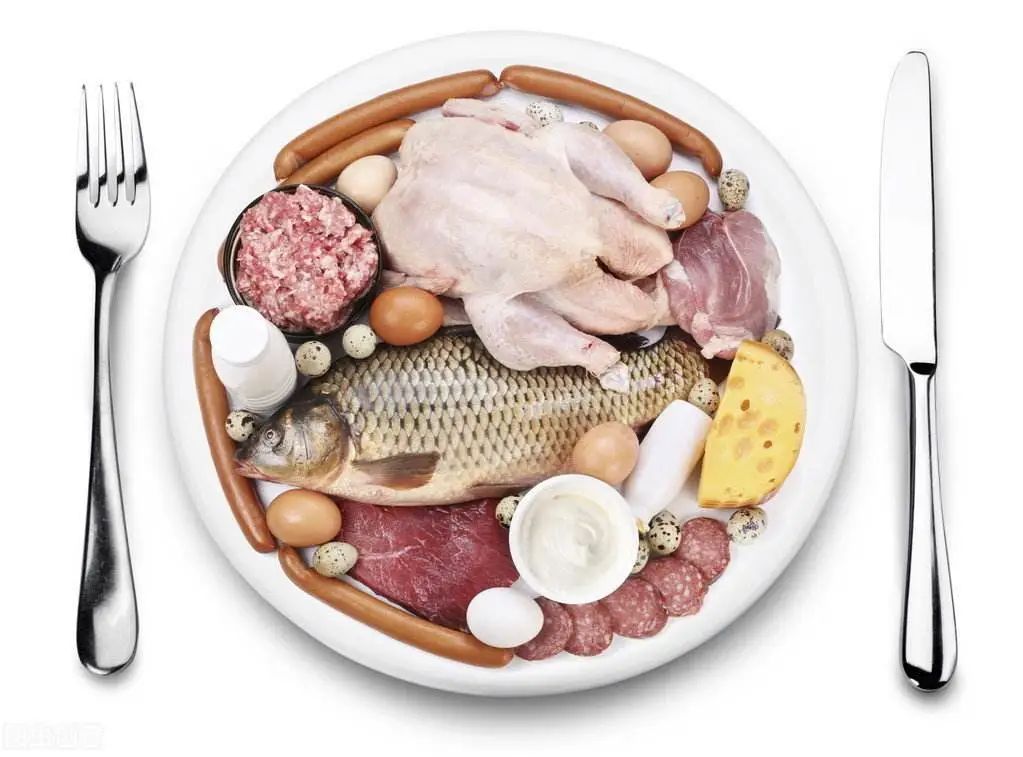
Sweet enters the spleen, nourishing qi and blood, replenishing energy, relieving fatigue, harmonizing the spleen and stomach, alleviating pain, and clearing heat and detoxifying. Those with spleen and stomach issues should eat more sweet foods. However, excessive consumption of sweet flavors can harm the kidneys, causing stagnation and depleting energy, leading to joint pain and hair loss. Modern medical research indicates that excessive sweet consumption can raise blood sugar levels, increase cholesterol, lead to weight gain, and even induce cardiovascular diseases, as well as cause calcium deficiency in the body. Since the kidneys belong to water and the spleen belongs to earth, and earth overcomes water, hence “kidney disease forbids sweet.”
04 Five Flavors – Pungent
Pungent foods include peaches, scallions, ginger, garlic, onions, and chili peppers.

Pungent enters the lungs and promotes qi movement, having effects such as dispersing, moving qi, and invigorating blood. Moderate consumption of pungent foods can stimulate gastrointestinal motility, increase digestive fluid secretion, promote blood circulation, enhance metabolism, dispel wind and cold, and relax muscles. Those with lung diseases should eat more pungent foods, as according to TCM’s theory of the five elements, the lung belongs to metal, and the five flavors belong to pungent, which supports qi. However, excessive consumption of pungent flavors can deplete liver blood, leading to muscle stiffness and brittle nails, and can overly stimulate the gastric mucosa. Therefore, those with hemorrhoids, anal fissures, ulcers, constipation, nervous exhaustion, and skin diseases should avoid spicy foods to prevent exacerbating their conditions. Since the liver belongs to wood and the lung belongs to metal, and metal overcomes wood, hence “liver disease forbids pungent,” those with liver conditions should limit or avoid spicy foods.
05 Five Flavors – Salty
Salty foods include chestnuts, pork offal, bean leaves, and seafood.
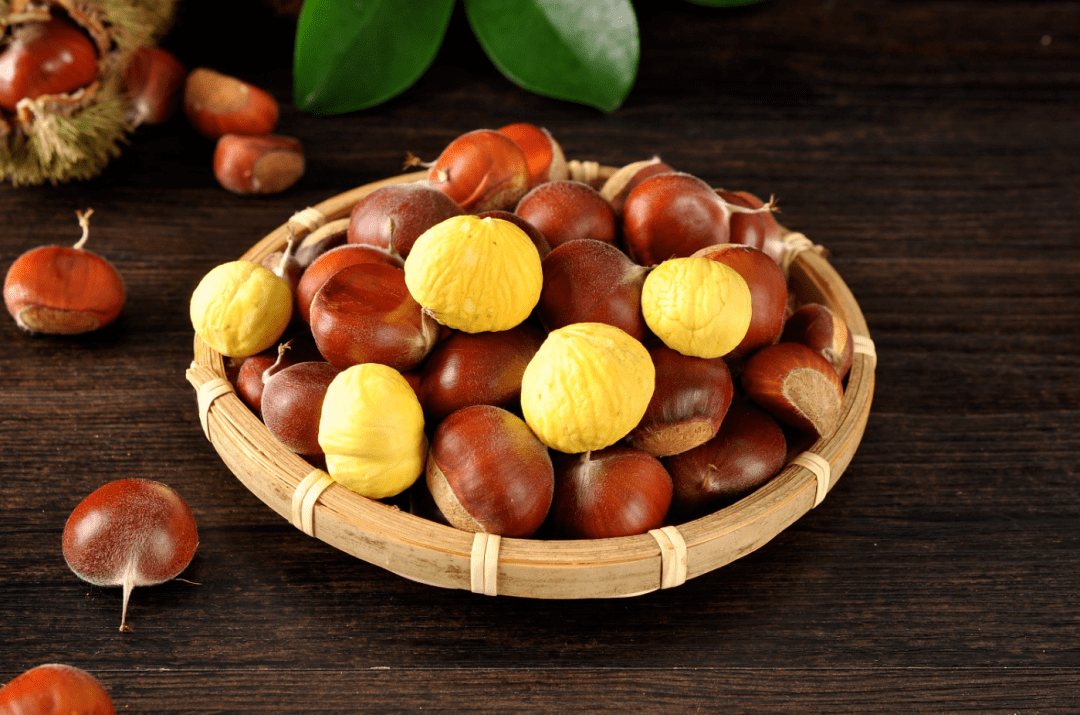
Salty enters the kidneys, softening hardness and moistening down, regulating the balance of cell and blood osmotic pressure and normal water-salt metabolism, enhancing physical strength and appetite, preventing cramps, and alleviating dizziness. Those with kidney deficiency should eat more salty foods. However, excessive consumption of salty flavors can harden blood vessels, impede qi and blood flow, and increase the burden on the kidneys, leading to sodium and water retention in small arteries, increasing vascular resistance, and causing elevated blood pressure. Due to the increased blood volume, it can also increase the burden on the heart. Since the heart belongs to fire and the kidneys belong to water, and water overcomes fire, hence “heart disease forbids salty.”
The content and images are sourced from the internet for sharing purposes. If there is any infringement, please contact for removal.

Editor: Jia Fan
Reviewer: Ren Yuanbo
Re-reviewer: Liu Junfeng
Final Review: Wu Yang






